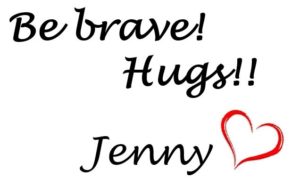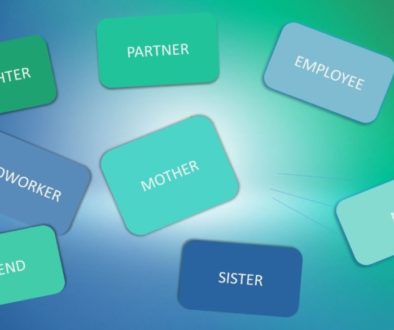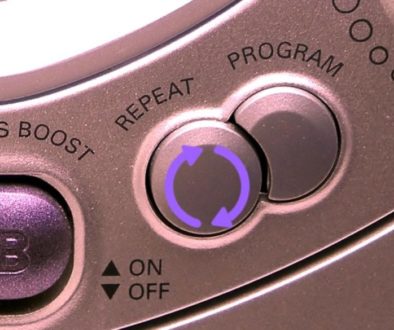Do you want to be right or do you want to be happy?
During a management training I participated in, some years ago, we were asked a question that stopped me cold. You know, one of those questions that challenge everything you’ve up until this point believed to be true. We were talking about how to handle misunderstandings and conflicts. Explicitly how we as leaders show up and what our motives were moving into a conflict. If the meaning of communication is the response you get, then what response were we looking for? And then came another question delivered as almost an afterthought; “Do you want to be right or do you want to be happy?”
My instinctual response, sad to say, was: “Both off course!! If I’m right then I’m usually happy!”
It provoked me to no end thinking that I’d have to choose between the two. It was, to my binary mind, such a horrid choice. Either be happy but wrong all the time or be miserable while being right all the time. Since being wrong was so enormously hard on my self-esteem I interpreted the choice as no choice at all. I was basically doomed to be miserable.
As it turns out I’m much happier when I stop thinking that life is that binary. When I let there be more alternatives in life. What would being wrong and happy look like? When have I already experienced being right but still felt miserable?
What is Right is far more subjective than I ever thought
Growing up is a humbling experience. I’ve had to backtrack a whole lot of beliefs and truths the past 20 years or so. Turning from a know it all to realizing I know so little. There is no use in fighting for the right answer when it turns out there is no objective right answer to so many situations. The right answer is different for different people and in different circumstances.
Here are some truths I’ve carried:
- One really shouldn’t play with food. It’s irresponsible towards raising well behaved children as well as considering that there are people that starve on this planet.
- I have to eat dinner sometime between five and six o’clock or I’ll be “hangry” and miserable.
- One should put the used kitchen ware in the dishwasher after finishing a meal. Not doing so is acting misbehaved and disrespectful.
- I shouldn’t spend a night just sitting still in the sofa reading a book.
I’ve examined my own truths with questions like; What could I believe that would make that rule not be true anymore? Usually there are situations or beliefs where my truths turns out to be wrong for me. Situations where believing the exact opposite of what I thought was right turned out to be some of the best moments in my life.
When it comes to situations that involve other people you just up the complexity level of what’s right or wrong. The people around you will have their own truths and beliefs. What is right for someone depend on individual beliefs as well as the current state they’re in and the timing of the situation.
How do you want to be right?
Maybe something to consider when looking for the right answer is defining what being right means. There is a difference between being right over someone, i.e. if you’re right then someone else have to be wrong, and finding the right answer to a situation. What if the right answer is defined as “the solution that leaves both parties happy and connected”?
If you can find the solutions that meet that definition you will in fact be both happy and right 😀 Tada!
You radiate your thoughts and feelings – You cannot not communicate
Picture this. You’re walking into the living room and your child is sitting on the floor. Just sitting there still, looking into the distance, shoulders down, a frown on his face. Not saying anything when you walk in. You already think you know a ton about what that child is feeling.
Ever been in a situation where someone you know is being unusually quiet and asked “What’s wrong?” ´, gotten the answer “nothing!” and still known that something definitely isn’t right?
The thing is that you cannot not communicate. If you Google it the general belief is that 55% of communication is body language, 38% is the tone of voice, and only about 7% is the actual words spoken.
Stay flexible enough to find the true right answer
Maybe a final idea to remember. I got to a point where I truly believed that finding a solution from the other person’s point of view was the right answer. But the pendulum swung a bit too far in the opposite direction. I forgot to include the fact that I needed to feel good about the proposed solution as well. I sometimes swallowed my irritation and tried to fake a smile and my commitment. But since I kept radiating my feelings people rarely got really happy with my proposals.
When I look for “the right answer” I try to do the hard work of challenging my beliefs until I find a truth that really works for the both of us. Can I reconsider what my daughter’s behavior means when she walks out on our argument and slams the door? Maybe instead of being disrespectful I could interpret it as a young girl finding herself at the end of her abilities. A girl that has run out of more constructive ideas to be understood? Maybe she’s been taught that nothing else works for getting out of a scary argument. Maybe the adult have been fighting to be right and not to find the right answer…




